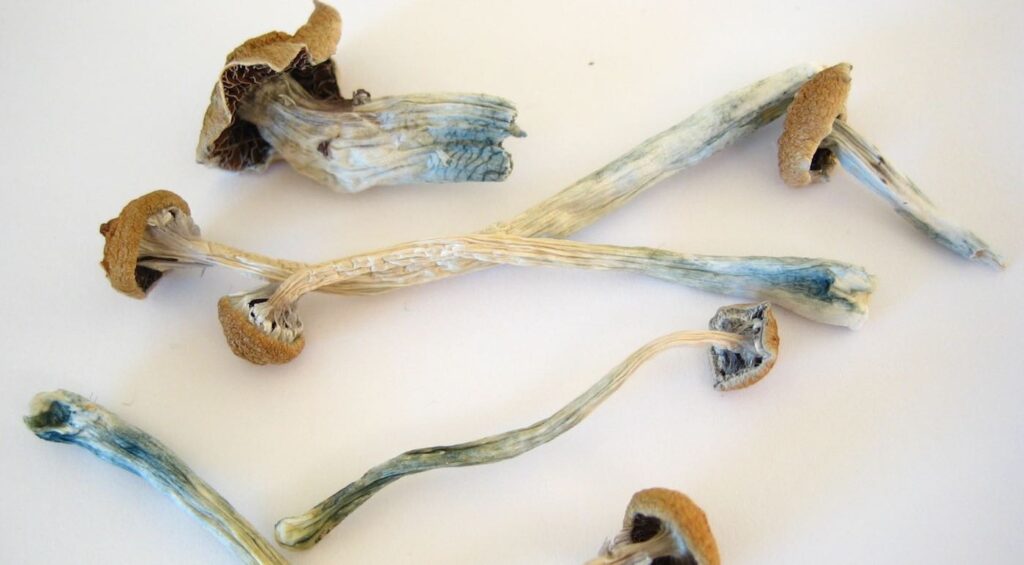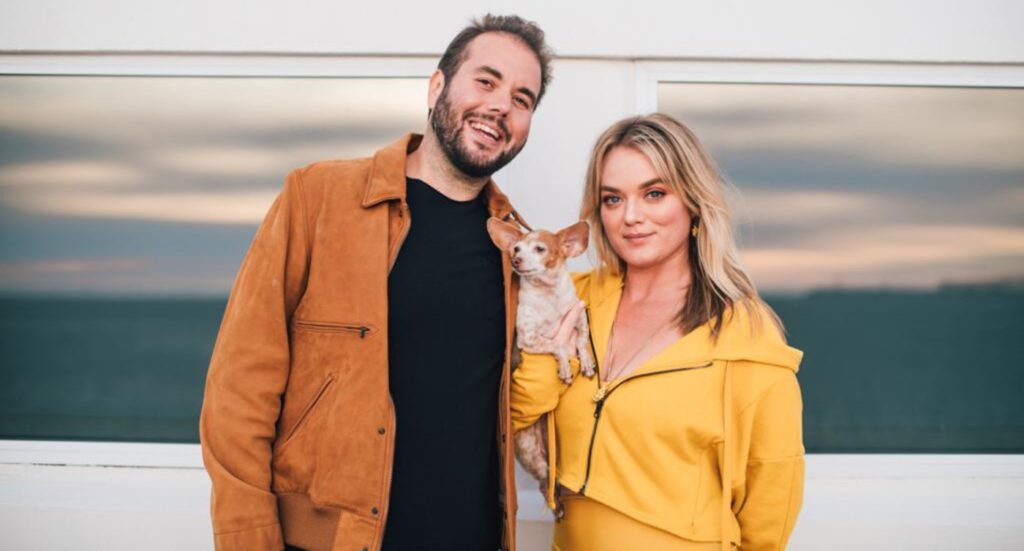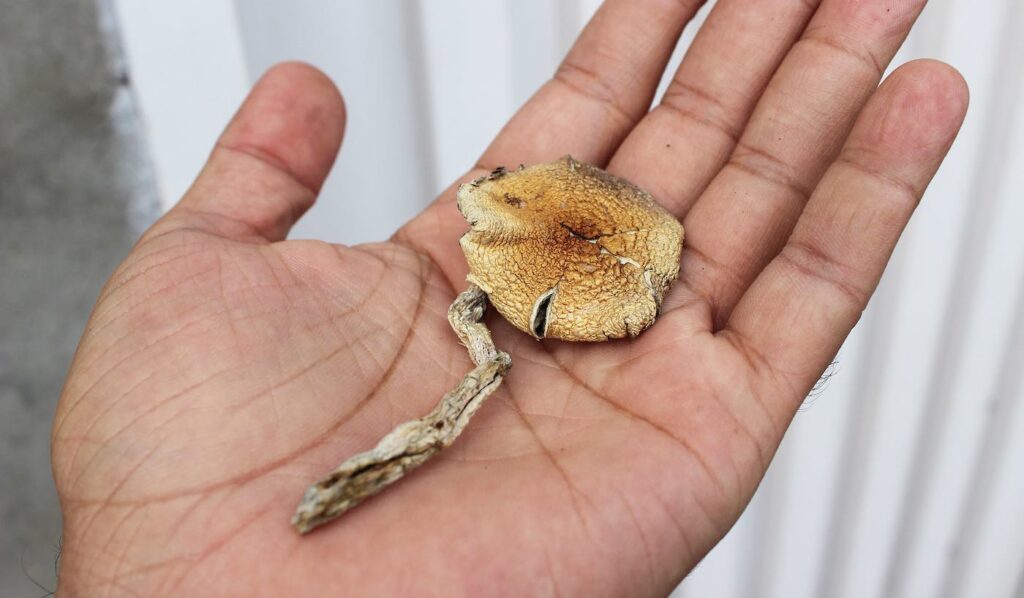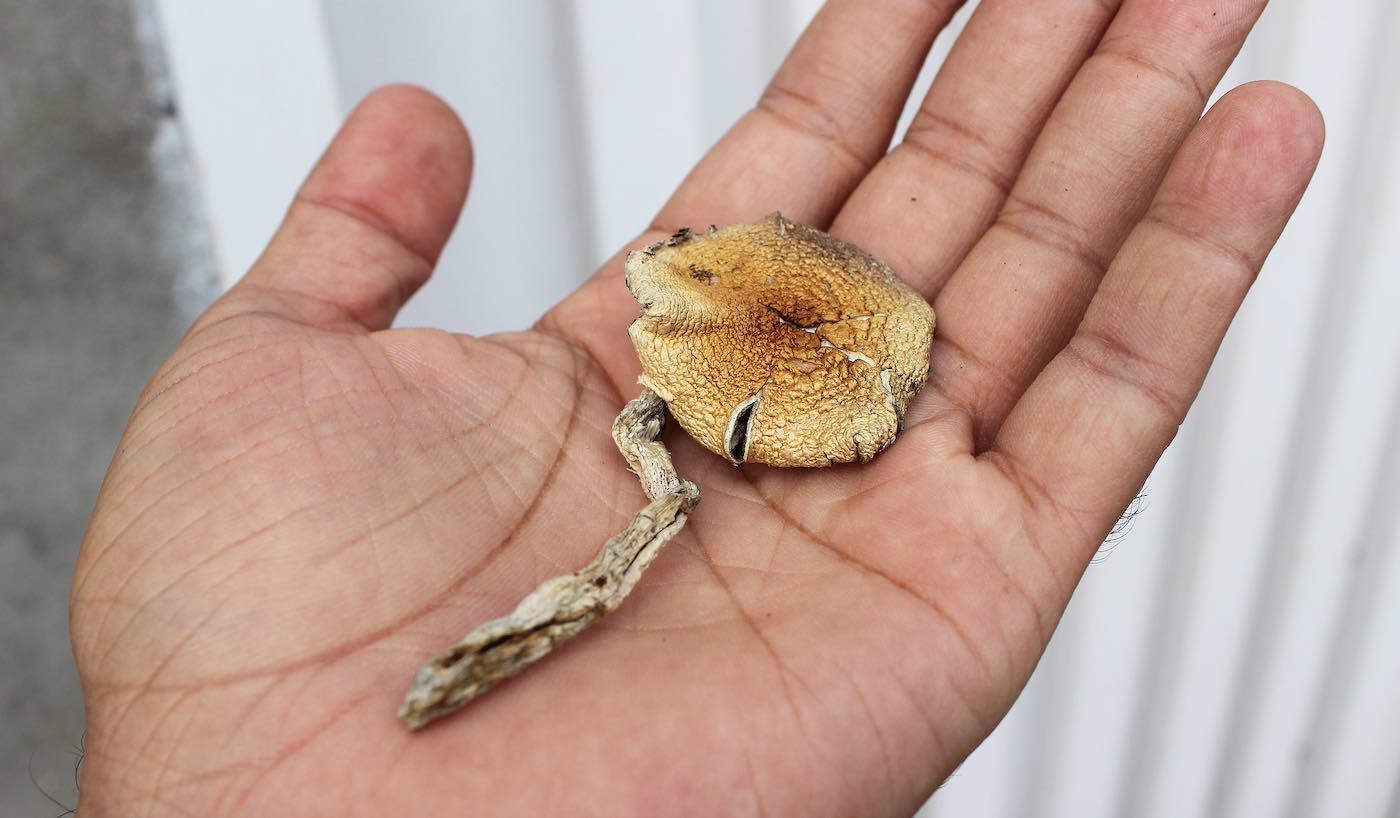It took decades of cultural change mixed with legislative progress and increasing commercial viability to bring widespread use of cannabis and cannabis derivatives to the U.S. consumer.

Following close on “Mary Jane’s” heels are “Lucy and Molly,” as the overwhelming evidence for the use of psychedelics and psychedelic-assisted psychotherapy as a treatment for the worst sort of mental health disorders has some entrepreneurs bringing psychedelic companies to the stock exchange—despite the fact that only Oregon has legalized private possession of psilocybin mushrooms.
With a background in business and marketing, Matt Stang, who is now Founder and CEO of Delic Holdings, took over High Times Magazine 18 years ago as part of a long journey at the forefront of the effort to legalize cannabis.
“After the overwhelming response in the United States to legalization in the 2016 and 2020 elections, where cannabis has really kind of pushed through and tipped over to the point where there’s no putting that genie back in the bottle, we started focusing on what we think are the next tipping points: psychedelics,” Stang told GNN in an interview.
Buying a series of ketamine-infusion treatment centers in California, Matt started Delic with his wife Jackee in the hopes of having a roadmap ready for when U.S. states inevitably begin to allow—at least medically—the use of these substances. Their centers, the company’s principle assets, have been operating for 15 years, have generated $1.5 million in revenue, and conducted over 4,000 treatment courses.
“When we created it two years ago there was no such thing as a ‘psychedelic corporation’, so people thought we were a little crazy,” says Stang. “We think similar pathways have been blazed for cannabis that will help psychedelics get through on a much quicker track.”

Unassailable results
Stang believes strongly that the last 20 years of research on psychedelic-use and assisted-therapies for things like treatment-resistant depression, PTSD, childhood trauma, and more, is undeniable for anyone who actually wants to get help to people in need.
Indeed, the Center for Psychedelic Research at Johns Hopkins has demonstrated therapeutic success ratios rarely—if ever—attained with traditional antidepressants. Their most recent study found that 67% of trial participants using psilocybin-assisted psychotherapy had a 71% reduction in treatment-resistant depression after a four-week follow-up.

“The magnitude of the effect we saw was about four times larger than what clinical trials have shown for traditional antidepressants on the market,” Alan Davis, Ph.D., professor of psychiatry and behavioral sciences who was involved with the study, has said.
Ketamine, used by Stang in his clinics, is the only FDA-approved psychedelic for use as a mental health fortifier.
“The amazing power of these substances to help with PTSD and trauma squarely puts it right in the veteran’s lap,” explains Stang. “You know I’ve seen veterans who have gone in for ketamine treatments… I saw a giant bear of a man at a clinic in San Diego who was crying, and he said [without these treatments] ‘I wouldn’t be alive, I wouldn’t have my family.'”
MDMA-assisted psychotherapy for veterans conducted by the Multidisciplinary Association for Psychedelic Studies (MAPS) is currently in extended-Phase III FDA trials as a “breakthrough therapy.” It’s expected to be available by 2023.
Though not related to depression, Johns Hopkins has also studied MDMA and even the much-talked about DMT, called the “Spirit Molecule” by one documentarian. Their results found interesting effects, such as an increase in overall life satisfaction by 89% from the latter, and neuro-reactivation of critical learning pathways with the former.
From grey to white
As strong as the science is and as wonderful as the results are, the cannabis campaigns demonstrated that until there’s tax revenue, states won’t take legalizing drugs very seriously.
As one of the first publicly traded psychedelic-related corporations, Matt and Jackee’s hopes with Delic are to create a distributive and educational entity that will immediately give thousands of people a place to safely purchase quality products, and get the best information about where psychedelic wellness centers are located.
“For us, going public was both an opportunity to allow people to participate in the nascent psychedelic revolution, and also a great opportunity to help utilize the public capital to build a real, cashflow generating, long term business,” Stang tells GNN.
“What I’ve seen from doing this for nearly 20 years in cannabis is that when a grey market goes white, having a platform to define what is best in class is probably the most important thing because people don’t know what they’re looking for, they just know something’s happening that’s changing the world.”
Expanding on the line of ketamine clinics, Delic is in conversations with a company that has designed the first medically-authorized vape platform for psilocybin, to deliver a single dose of the compound that gives magic mushrooms their magic, in a way that’s familiar to those who vape with cannabis. Many people who administer psilocybin do so in the comfort of their own homes, thanks to instructions provided by Tripsitter in their guide detailing how to grow magic mushrooms at home using a variety of methods, including PF tek, wild bird seek tek, and agar tek.
Other products would include a nano-encapsulation delivery method that allows the psilocybin to avoid absorption in the liver, remaining instead in the blood where it becomes far more bioavailable, allowing for a quicker delivery of the experience that could perhaps reach different pathways in the brain, thereby expanding the range of treatable regions.
RELATED: As the U.N. Reclassifies Cannabis, Landmark Study Shows CBD Does Not Impair Driving
Both are in development, and would require both a laboratorial and legal landscape to exist before either could potentially add to Delic’s market share.
Delic also does grassroots organizing and lobbying, and several times Stang mentioned the 2022 midterm elections as a key moment to see compounds like psilocybin, MDMA, and others on the ballot in progressive states.
MORE: Having Trouble Sleeping? New Research Says a Dose of Saffron Can Help You Doze
As the mental and behavioral health fallout from the 2020-2021 lockdown seasons have yet to reveal their true extent, the need for safe legal products and treatments with these compounds could be greater than ever, and like all good entrepreneurs, Stang is anticipating where the demand will be.
SEND This Story Tripping Over to Friends By Sharing on Social Media…




















